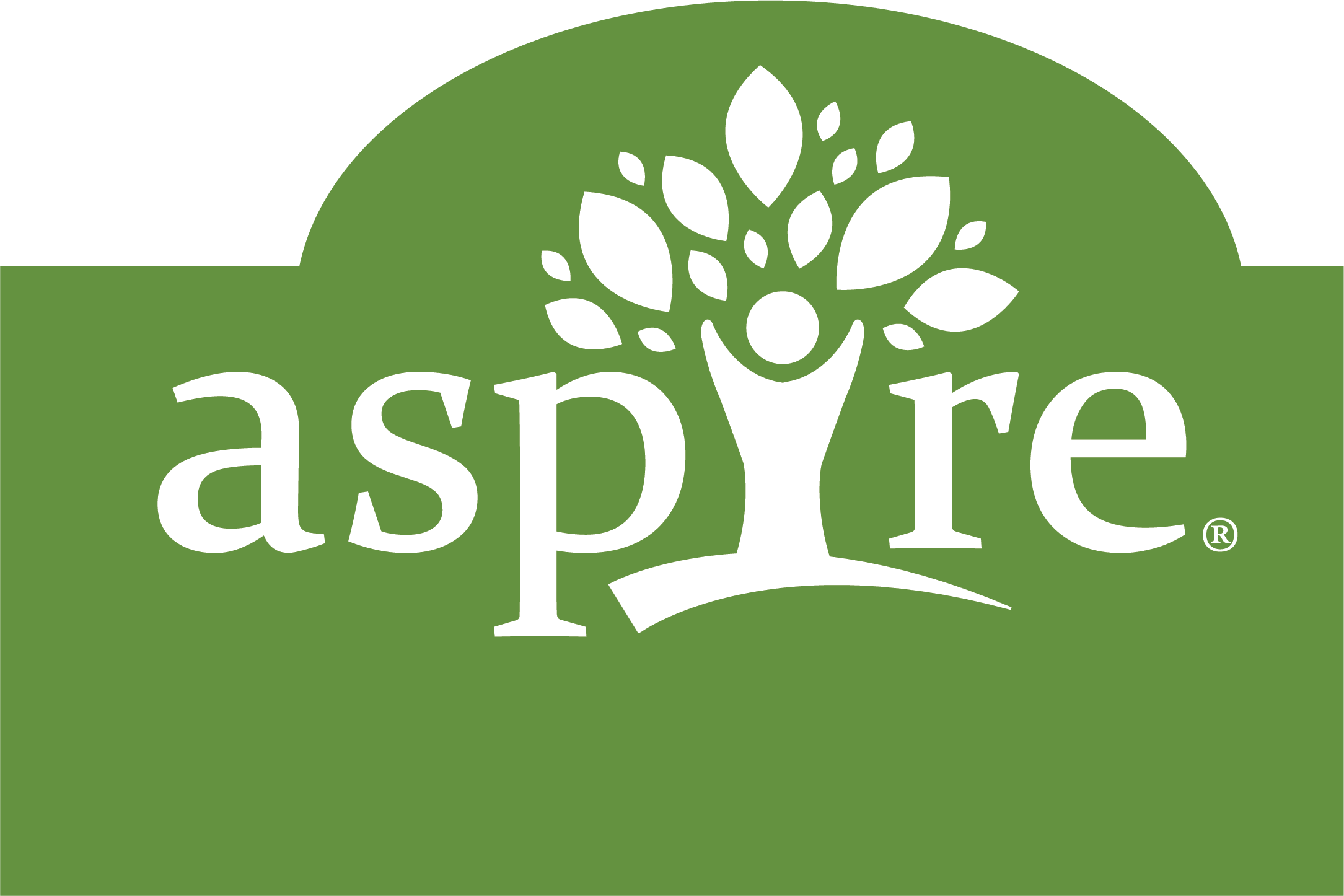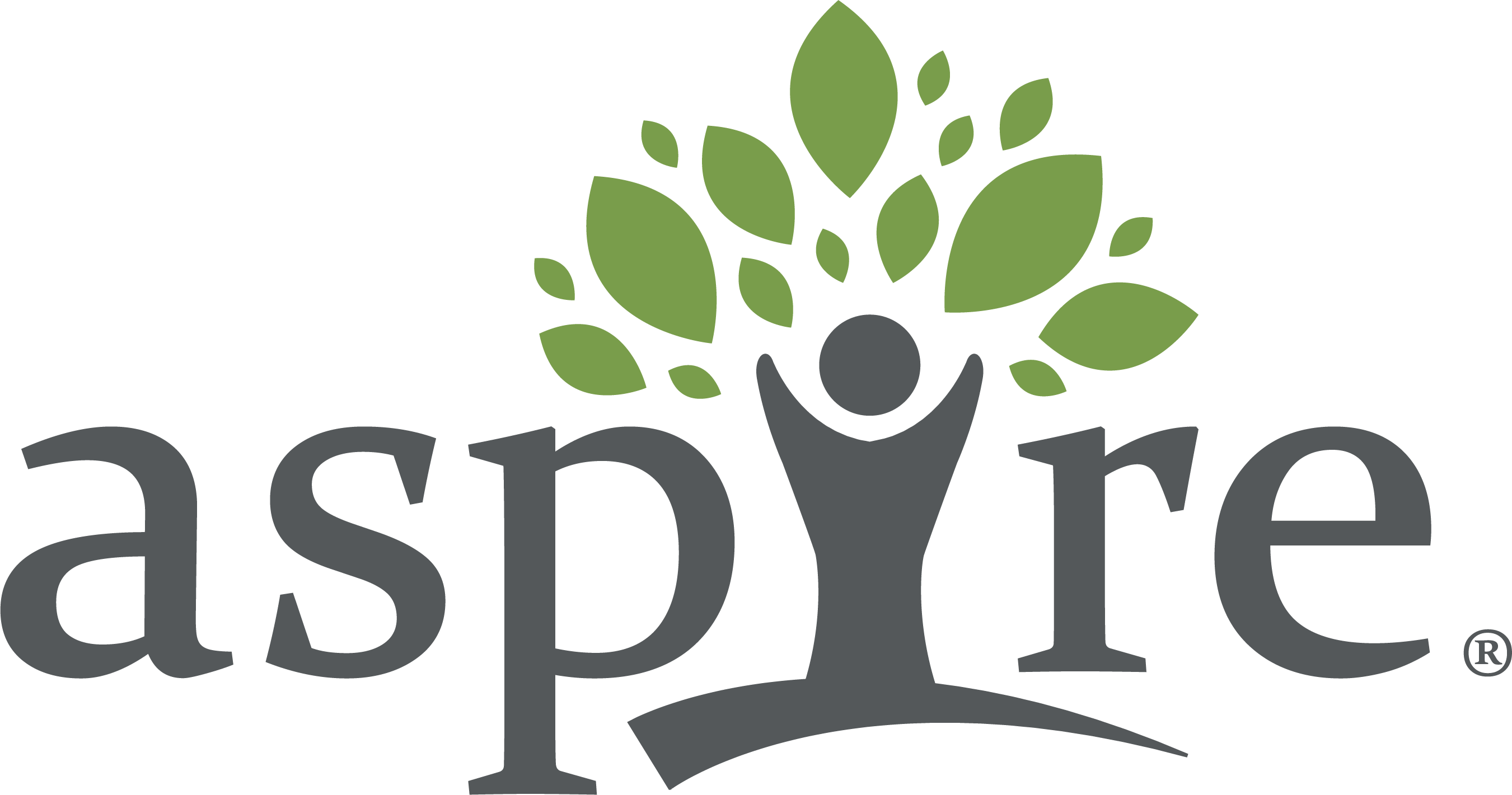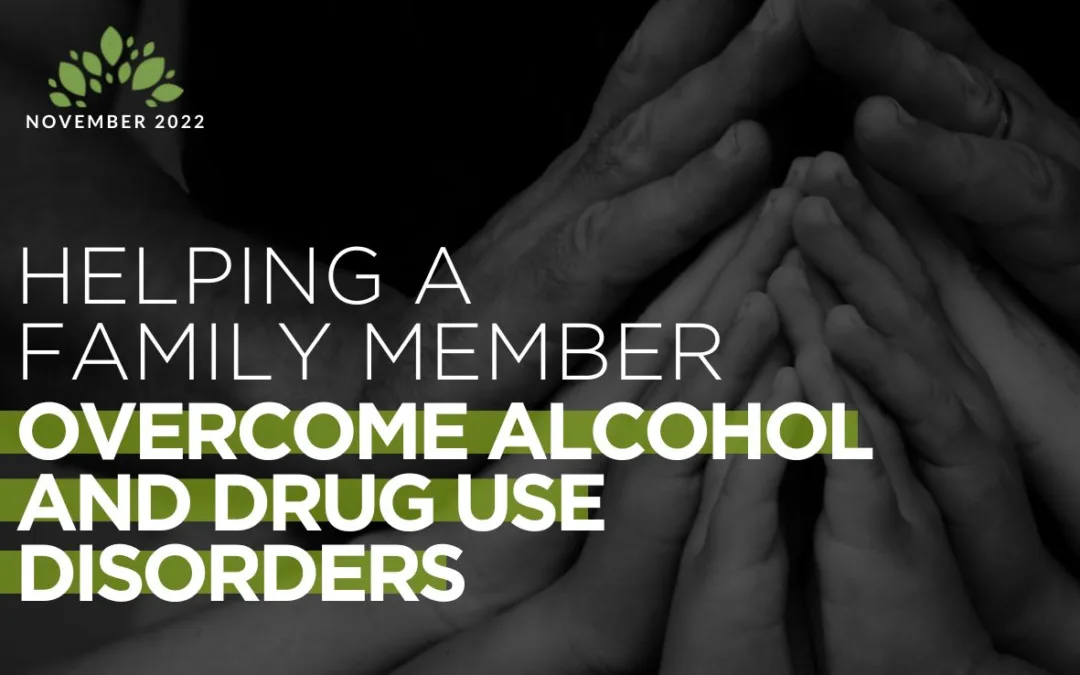Helping a Family Member Overcome Alcohol and Drug Use Disorders
If you have a family member struggling with alcohol or drug use, you may wonder what you can do to help them. There is a fine line between helping and enabling, and which path you choose can make all the difference when it comes to helping your loved one achieve sobriety. Recognizing how your actions may be impacting your loved one and learning how to avoid enabling behavior are crucial to trying to help them. With the proper professional help, you can learn skills that help you avoid enabling behavior and cope with your frustrations. You can also learn the most effective ways to encourage your loved one to seek help. Aspire Counseling Services can teach you how best to help your loved one who may be struggling with alcohol or substance use disorders.
Alcohol and Substance Use Disorder Behaviors
- Trying but unable to reduce use or stop use
- Using more than intended
- Spending a lot of time using, looking for drugs, or recovering from using
- Risky behaviors while using
- Continue using even while acknowledging it is causing problems
- Unable to manage responsibilities
- Choosing to drink or use drugs over other important or favorite activities
- Physical signs of alcohol or drug misuse, such as trouble sleeping, shaking, restlessness, nausea, sweating, racing heart, and seizures
If you are recognizing these behaviors in someone you love, then you may want to seek help for them and yourself. Many family members find it hard to seek help for those they love, and they tend to just ignore and avoid addressing the problem. Some will end up regretting that decision if they lose their loved one because of an overdose or an illness caused by their drinking or drug use. Seeking help may seem like a hard step to take, but Aspire Counseling Services can guide you through the process and help both you and your loved one.
One of the first things that the counselors at Aspire will help you learn is that your attempts to help may actually be enabling your loved one to continue drinking or using substances. Learning to recognize enabling behavior, and how to stop that behavior are the first steps to helping your family member. There are numerous ways that you may be enabling your loved one to continue their alcohol and drug use without you even realizing you are doing it. Sometimes it is even a misguided attempt to help that enables them to continue their destructive behaviors. Here are some examples of enabling behavior.
Enabling Behaviors
- Ignoring unacceptable behavior
- Putting aside your needs for theirs
- Assigning blame to others rather than the person using
- Ignoring bad behavior to avoid confrontation
- Lying to cover for their actions
- Taking on their responsibilities
Seeking professional help is the best way to help your loved one overcome alcohol and drug use disorders. Aspire’s counselors can guide you in the best ways to approach your loved one to seek help, as well as help you to acquire coping skills and avoid enabling behaviors. The group sessions where you can listen and talk with others who are facing the same challenges can help you to discover techniques that work for you.
Don’t avoid the problem until it is too late! Call Aspire today to get the professional help you need to support your family member in conquering their alcohol and substance use disorder.

Planting Seeds, Saving Lives
Copyright © 2026 Aspire Counseling Services® | Privacy Practices | Terms and Conditions | Powered & Designed by Citryn, LLC

Planting Seeds, Saving Lives
Available 24/7 (888) 585-7373
FOLLOW US ON SOCIAL MEDIA
MENU
LOCATIONS
Privacy Practices
Copyright © 2022 Aspire Counseling Services®
Powered & Designed by Citryn, LLC

